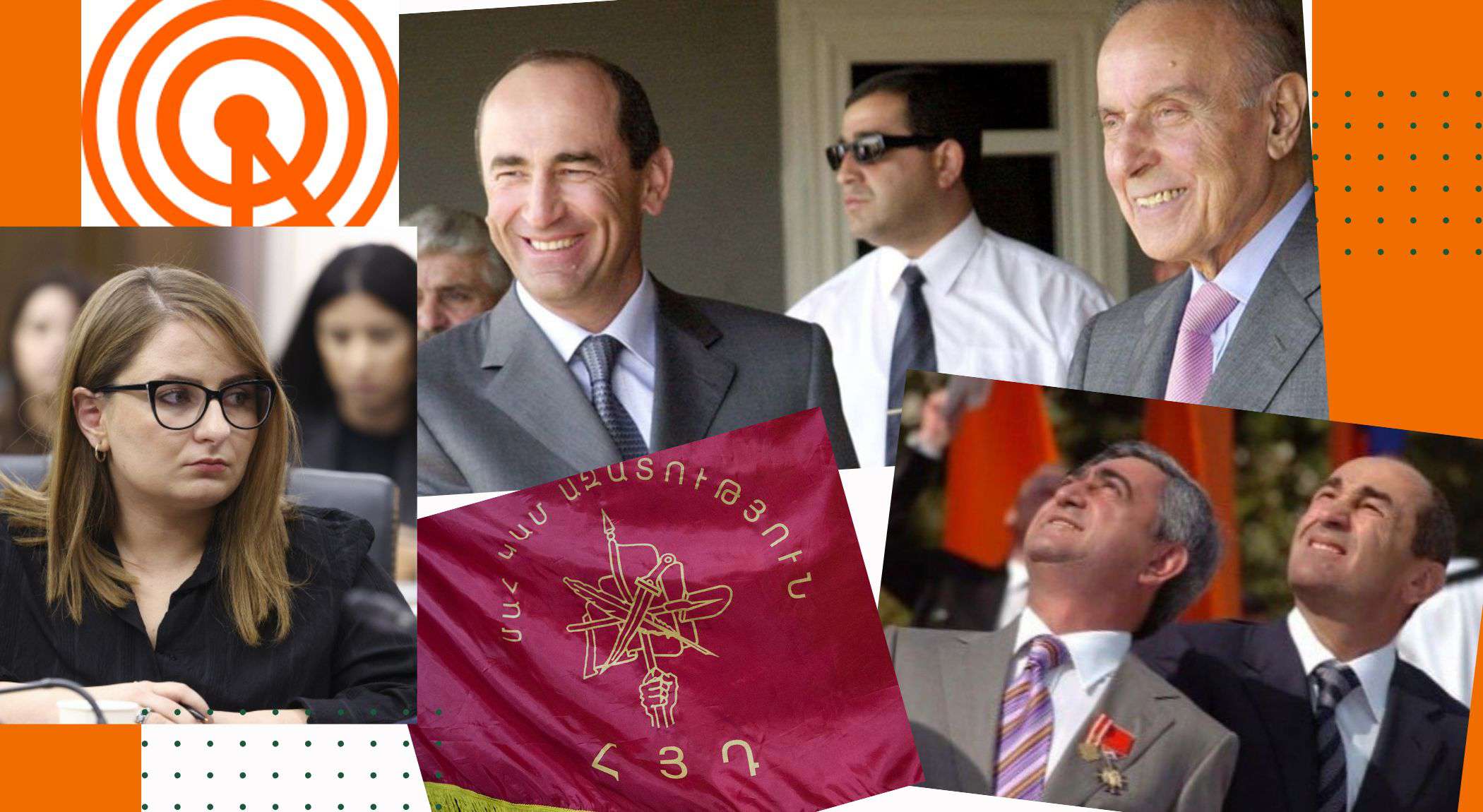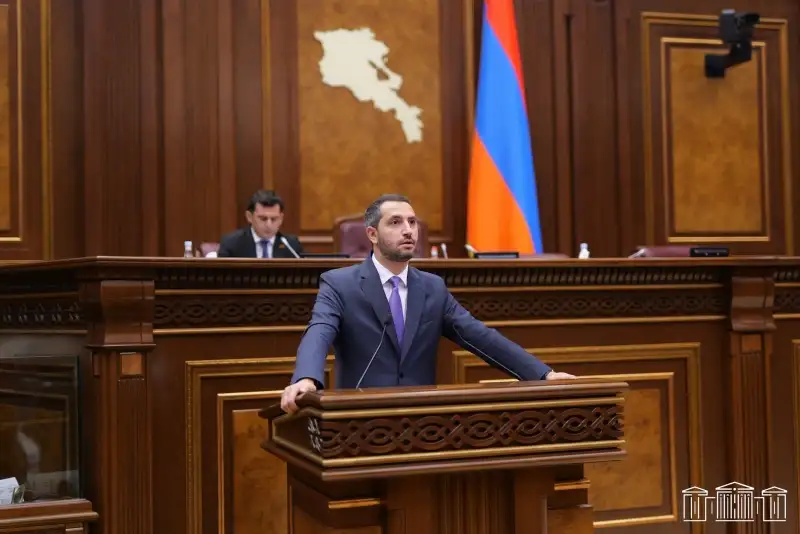Christine Vardanyan, ARF member of the National Assembly "Armenia" faction, stated that Azerbaijan and Nagorno Karabakh have been the parties to the conflict for 30 years, and Armenia is the guarantor of the security of the people of Nagorno-Karabakh, asked the Foreign Minister when Armenia became a party to the conflict. In general, during the discussions of the MFA's 2025 budget in parliament, the opposition parties touched upon the same idea in one form or another.
Naturally, after the Nagorno-Karabakh disaster, blaming each other has become common. But it is worth reminding the ARF deputy of the holes of the not-so-distant past and answering the question, "Since when did Armenia become a party to the conflict?" by listing the facts.
Armenia has become a party to the conflict, and Nagorno-Karabakh has been pushed out of the process. It has turned from the subject of the conflict into the object of the conflict since the day the de facto leader of their alliance left Artsakh out of the negotiation process during his presidency.
If he still needs to remember, let me remind you of a passage from Kocharyan's 2003 interview, where he justified his decision. "When Armenia clearly stated that it is not indifferent, it has its approaches; it is ready to take on the burden related to the Nagorno-Karabakh issue, in this case. Also, I presented these two Armenian units in the negotiation process, and the situation completely changed... They are dealing not with an unrecognized state and a wavering Armenia, but with a united Armenian people..."
Since 2001, Nagorno-Karabakh was no longer a party not only to the conflict but also to negotiations. If, before that, Karabakh received proposals for settlement of the problem from mediators (the last time was in 1998) and had the right to express a position and make a decision, then during Kocharyan's presidency, this was no longer the case. , and 1998 regarding negotiation documents. Only Armenia and Azerbaijan expressed their position then. Moreover, until 1998, the voice of Nagorno-Karabakh was decisive regarding the negotiation options. Karabakh rejected the phased version.
This reality was de jure fixed in international documents after the presidents of Armenia, Azerbaijan, and Russia signed a declaration in December 2008 in the "Meindorf" fortress of the Russian Federation, reaffirming the commitment to a peaceful settlement of the Nagorno-Karabakh issue based on the "Madrid" principles. And this happened in 1994. Then, the first document did not have NK's signature. Thus, de jure, it was established that the conflict was between Armenia and Azerbaijan.
By the way, at that time, the ARF was part of the ruling coalition and equally shared the responsibility for what happened. Although they never accepted the fact of sharing the responsibility for the government, saying that the responsibility is partial, it only applied to the areas they lead. It was also for this reason that already in 2015, when the RPA again went to the coalition government with the ARF, in the signed document, they specifically stated that they assume responsibility for the entire government, not a partial one. But this is another topic of conversation.
Arman Galoyan


















